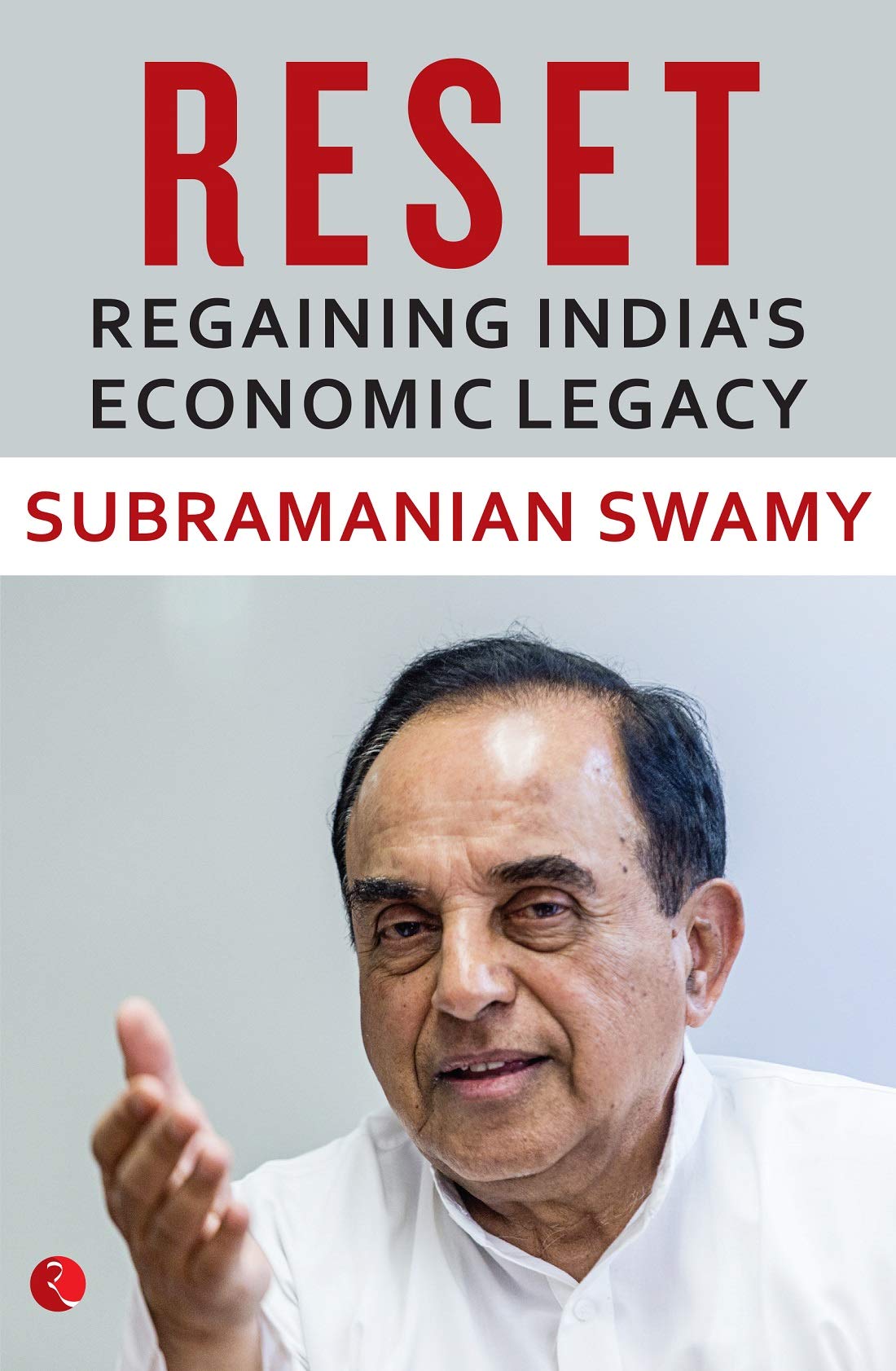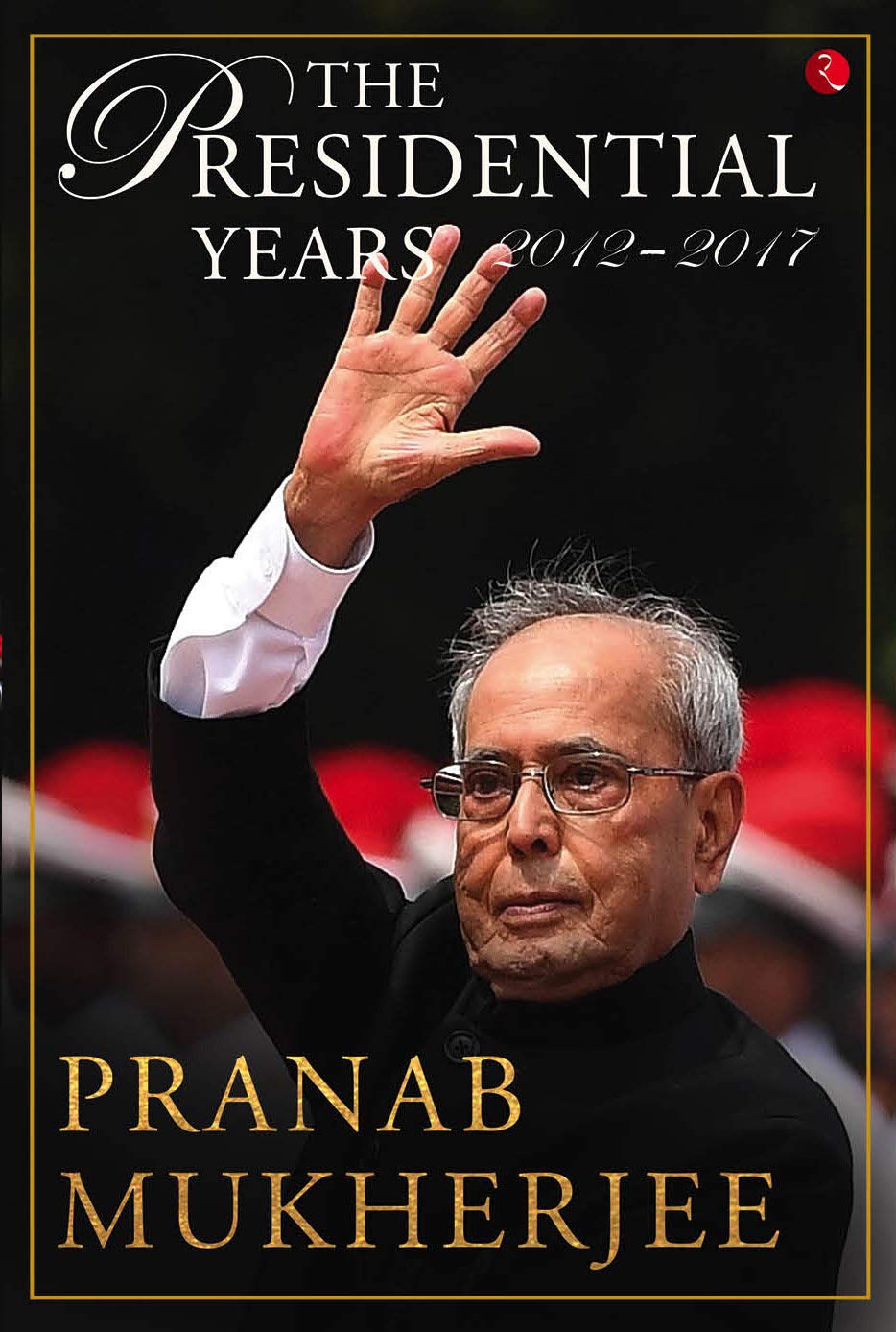Description
Reset: Regaining India?s Economic Legacy Story & Activity Books
Hardcover – 1 January 2019
by Subramanian Swamy
- Publisher : Rupa Publications India (1 January 2019)
- Language : English
- Hardcover – 1 January 2019 : 216 pages
- ISBN-10 : ?9353336511
- ISBN-13 : 978-9353336516
- Weight : 336 g
- Dimensions : 13.97 x 1.42 x 21.59 cm
![]() Reviews
Reviews
Average Rating:
4.1 rating based on 346 ratings (all editions)
ISBN-10: 9353336511
ISBN-13: 9789353336516
Goodreads: 50901789
Author(s): Publisher:
Published: //
In 1970, at the request of a few Jan Sangh leaders including Nanaji Deshmukh and Jagannathrao
Joshi, Subramanian Swamy prepared and presented a Swadeshi Plan. The monograph vociferously
demanded that socialism be sacrificed for a competitive market economic system, so India can
grow at 10 per cent per year, achieve self-reliance, full employment and produce nuclear weaponry.
The then Prime Minister Indira Gandhi denounced the plan as dangerous.
Fifty years later, Swamy redefines his path-breaking ideas on India-specific economic development
in his seminal work, Reset. It undertakes a nuanced analysis of the manner in which the highly
prosperous Indian economy witnessed a long, accelerated decline due to persistent British imperialist
aggression, and compares the distinctive manner in which Asian giants—India and China—suffered
at the hands of imperialism. He critically analyses the highs and lows of the Nehruvian model of
centralized economic planning borrowed from the Soviet Union, and the debilitating circumstances
that impelled him, as Commerce Minister in Prime Minister Chandra Shekhar’s government, to
draw up a blueprint for economic reforms.
4.1 rating based on 346 ratings (all editions)
ISBN-10: 9353336511
ISBN-13: 9789353336516
Goodreads: 50901789
Author(s): Publisher:
Published: //
In 1970, at the request of a few Jan Sangh leaders including Nanaji Deshmukh and Jagannathrao
Joshi, Subramanian Swamy prepared and presented a Swadeshi Plan. The monograph vociferously
demanded that socialism be sacrificed for a competitive market economic system, so India can
grow at 10 per cent per year, achieve self-reliance, full employment and produce nuclear weaponry.
The then Prime Minister Indira Gandhi denounced the plan as dangerous.
Fifty years later, Swamy redefines his path-breaking ideas on India-specific economic development
in his seminal work, Reset. It undertakes a nuanced analysis of the manner in which the highly
prosperous Indian economy witnessed a long, accelerated decline due to persistent British imperialist
aggression, and compares the distinctive manner in which Asian giants—India and China—suffered
at the hands of imperialism. He critically analyses the highs and lows of the Nehruvian model of
centralized economic planning borrowed from the Soviet Union, and the debilitating circumstances
that impelled him, as Commerce Minister in Prime Minister Chandra Shekhar’s government, to
draw up a blueprint for economic reforms.



